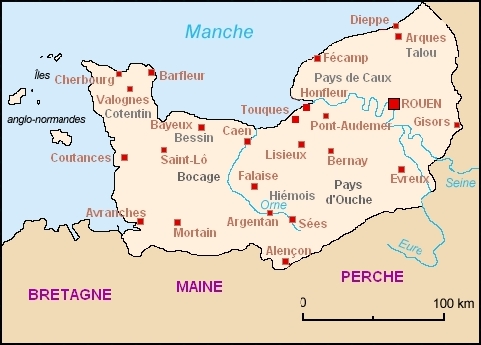Quite right. I was merely curious as to what coeurdevrai saw as the relevance.
I bravely avoid making a point of asserting there was never such a thing as a "feudal system" ... doh! But leaving that aside, I've never seen the English kings as having almost unlimited power. Not in theory, because there was as yet (as of King John, let's say) only a barely nascent body of precedent and law that defined the limits of royal power. And not in fact, because of the practical limits of exerting such power. There were effective kings (William, Henry and Henry) and ineffective kings (William Rufus, Stephen, and Richard though I'm sure I'll get arguments there). The effective ones were the ones who managed also to extend the limits. But if their power was already almost unlimited, what were they extending?
Trying hard to be an author not a historian, I'll say that one irksome aspect of many fantasy novels is that they assume kings had unlimited power, both in theory and in practice. In itself it's not a Bad Thing, so long as the book is not posing as adhering closely to actual history (looking at you, Dan Brown). It's irksome because there are so many genuinely interesting and complex examples of kingship on which to draw, that would make for far more interesting stories. That this author or that one misses the boat is one thing, but the docks and beaches are lined with whole genres of fantasy writers who didn't even know there was a boat. They just jump in and start swimming.
Oh, and now I've worn out my metaphors. Sad and weary, sad and weary....
I bravely avoid making a point of asserting there was never such a thing as a "feudal system" ... doh! But leaving that aside, I've never seen the English kings as having almost unlimited power. Not in theory, because there was as yet (as of King John, let's say) only a barely nascent body of precedent and law that defined the limits of royal power. And not in fact, because of the practical limits of exerting such power. There were effective kings (William, Henry and Henry) and ineffective kings (William Rufus, Stephen, and Richard though I'm sure I'll get arguments there). The effective ones were the ones who managed also to extend the limits. But if their power was already almost unlimited, what were they extending?
Trying hard to be an author not a historian, I'll say that one irksome aspect of many fantasy novels is that they assume kings had unlimited power, both in theory and in practice. In itself it's not a Bad Thing, so long as the book is not posing as adhering closely to actual history (looking at you, Dan Brown). It's irksome because there are so many genuinely interesting and complex examples of kingship on which to draw, that would make for far more interesting stories. That this author or that one misses the boat is one thing, but the docks and beaches are lined with whole genres of fantasy writers who didn't even know there was a boat. They just jump in and start swimming.
Oh, and now I've worn out my metaphors. Sad and weary, sad and weary....

 Auror
Auror

 Sage
Sage